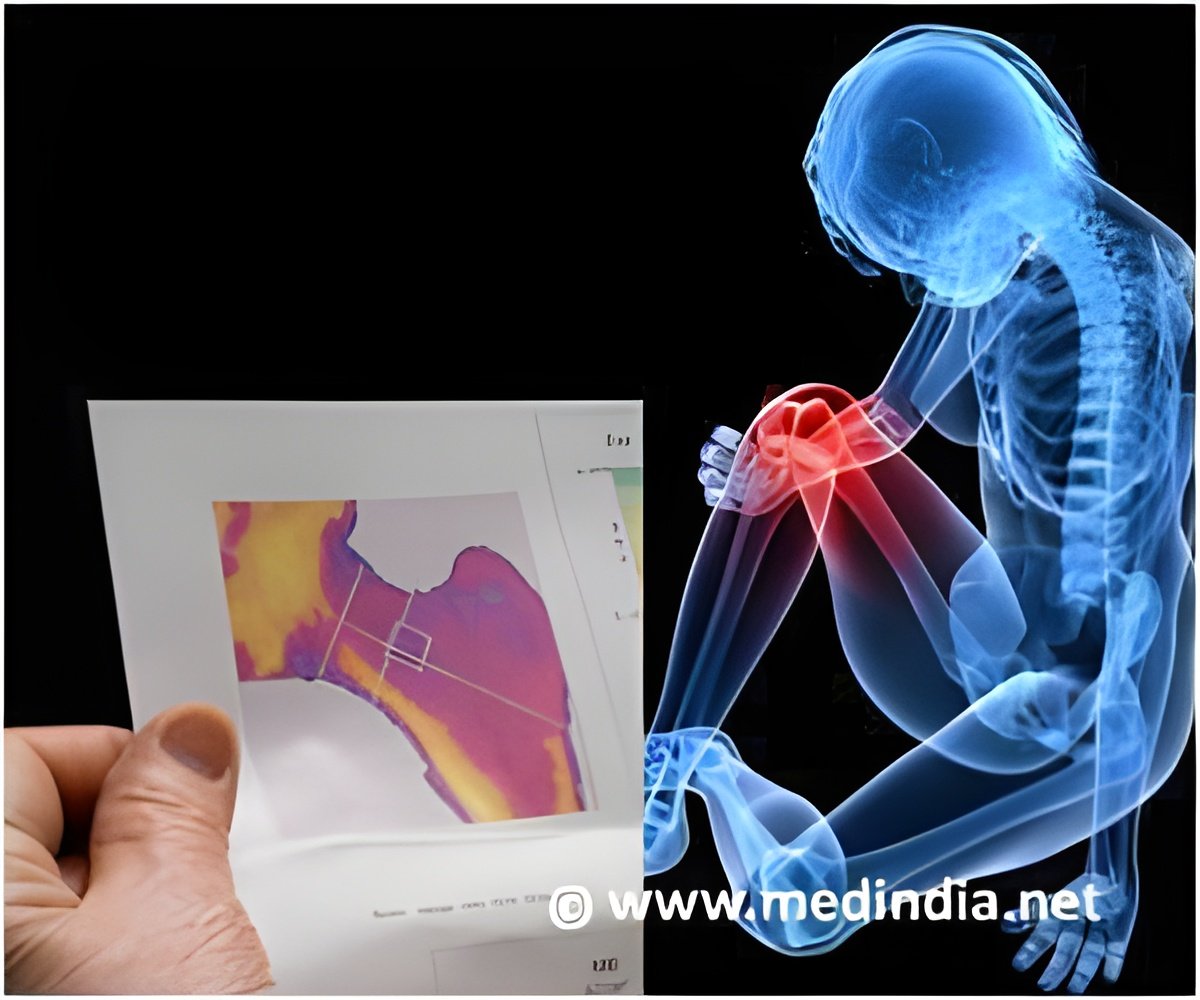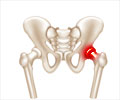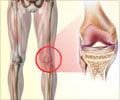History of a first-degree family member with diabetes is linked to increased bone mineral density in addition to insulin resistance.

‘Understanding the early pathophysiology of altered bone mineral density is crucial in the prevention of diabetic osteoporosis’
Read More..




Because patients with type 2 diabetes are at an increased risk of fracture, understanding the early pathophysiology of altered BMD could be critical in the development of preventive strategies for diabetic osteoporosis. Although strong evidence has revealed normal to high BMD in most patients with type 2 diabetes, no data have been published, to date, that demonstrate whether BMD is altered in persons with a first-degree family history of diabetes.Read More..
In this new study involving nearly 900 normoglycemic postmenopausal women, it was found that the BMD of the lumbar spine and femoral neck was significantly higher in participants with a first-degree family history of diabetes than in those without such history, even in women with normal blood glucose levels. These same participants additionally showed increased insulin resistance and hyperinsulinemia.
Findings were published in the article "Association of bone mineral density with a first-degree family history of diabetes in normoglycemic postmenopausal women."
"This study shows an association between a family history of diabetes and increased bone density in postmenopausal women. This finding may be related to higher insulin levels in these women with a hereditary predisposition to diabetes, because insulin has a bone-building effect. Although this sounds like good news, these women are at increased risk for developing diabetes, which is associated with skeletal fragility and increased fracture risk," says Dr. Stephanie Faubion, NAMS medical director.
Source-Eurekalert















